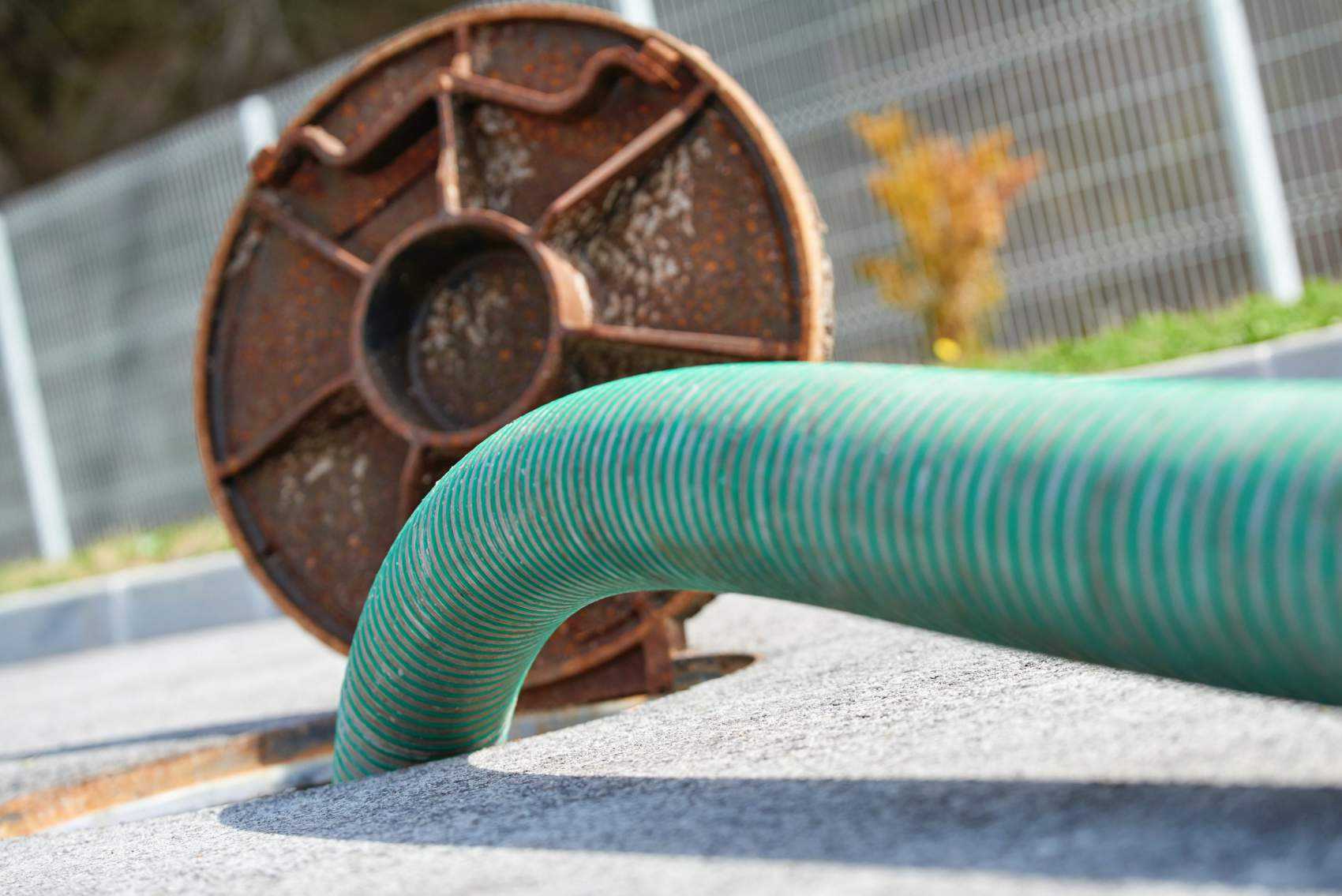Drain cleaning is an essential maintenance task that helps keep your plumbing system running smoothly. Over time, plumbing drains accumulate debris, grease, soap scum, and other materials that can cause blockages and slow water drainage. Regular drain cleaning ensures that wastewater flows freely, preventing clogs and reducing the risk of plumbing issues.
Understanding Drain Cleaning
Drain cleaning refers to the process of removing buildup, debris, and obstructions from your plumbing pipes to ensure smooth water flow. This can be done using various methods, including plungers, drain snakes, hydrojetting, and chemical cleaners. Routine drain cleaning is vital for maintaining a functional plumbing system and preventing costly repairs in the future.
Why is drain cleaning important?
1. Prevents Clogs and Blockages
One of the main reasons for drain cleaning is to prevent clogs. Over time, materials such as grease, soap, and food particles accumulate in pipes, leading to blockages. If left untreated, these clogs can cause water backups and unpleasant odors.
2. Reduces Bad Odors
Blocked or dirty drains can produce foul odors due to trapped food particles and bacteria buildup. Regular drain cleaning eliminates these odors, keeping your home fresh and hygienic.
3. Prevents Pipe Damage
When debris builds up in your pipes, it increases pressure, which can lead to leaks or even burst pipes. Routine cleaning removes the buildup, reducing the risk of pipe damage and costly repairs.
4. Promotes a Healthy Home Environment
A clogged drain can become a breeding ground for bacteria and mold, which can be harmful to your health. Cleaning your drains regularly helps maintain a clean and healthy living space.
5. Improves Drain Efficiency
Slow-draining sinks and showers are frustrating. Cleaning your drains improves water flow, ensuring that your sinks, tubs, and showers drain quickly and efficiently.
Best Methods for Drain Cleaning
1. Using a Plunger
A plunger is a simple yet effective tool for clearing minor drain clogs. It creates suction that helps dislodge blockages and allows water to flow freely.
2. Drain Snaking
A drain snake, also known as a plumber’s auger, is a flexible metal cable that can reach deep into pipes to remove stubborn clogs. This method is effective for clearing hair, soap scum, and food particles.
3. Hydrojetting
Hydrojetting involves using high-pressure water to remove debris, grease, and mineral buildup from pipes. This method is highly effective for deep cleaning and preventing future clogs.
4. Natural Drain Cleaning Solution
A natural and eco-friendly way to clean drains is by using a mixture of hot water and dish soap. Pouring this down the drain helps break down grease and residue, keeping your pipes clear.
5. Professional Drain Cleaning
If your drains are frequently clogging or you suspect a deeper issue, hiring a professional plumber for drain cleaning is the best solution. They have specialized tools and expertise to handle severe blockages.
Tips to Prevent Drain Clogs
- Dispose of Grease Properly: Instead of pouring grease down the drain, let it cool and dispose of it in a sealed container.
- Use Drain Screens: Drain screens catch hair, food particles, and debris before they enter your pipes.
- Flush Drains Regularly: Run hot water down your drains weekly to prevent buildup.
- Dispose of Waste Properly: Avoid flushing wipes, paper towels, and other non-biodegradable items down the toilet.
- Schedule Routine Maintenance: Regular inspections and professional cleaning can prevent severe clogs and plumbing emergencies.
FAQs About Drain Cleaning
1. How often should I clean my drains?
It is recommended to clean your drains once a month using natural methods like baking soda and vinegar. For deep cleaning, schedule professional drain cleaning once a year.
2. Can I use chemical drain cleaners?
Chemical drain cleaners can be effective but are not recommended for frequent use as they can damage pipes over time. Opt for natural cleaning methods or professional services instead.
3. What are the signs that my drain needs cleaning?
Slow drainage, foul odors, gurgling noises, and frequent clogs are signs that your drain needs cleaning.
4. Is hydrojetting safe for all pipes?
Hydrojetting is safe for most modern plumbing systems, but older or fragile pipes may require alternative cleaning methods. A professional plumber can assess your pipes before performing hydrojetting.
5. Can clogged drains cause health issues?
Yes, clogged drains can lead to mold growth, bacterial buildup, and poor indoor air quality, which can cause respiratory issues and allergies.
Conclusion
Regular drain cleaning is essential for maintaining a functional plumbing system and preventing costly repairs. By using simple cleaning techniques and preventive measures, you can keep your drains clear and avoid major plumbing issues. Whether you choose DIY methods or professional services, keeping your drains clean ensures a healthy and efficient home environment.
